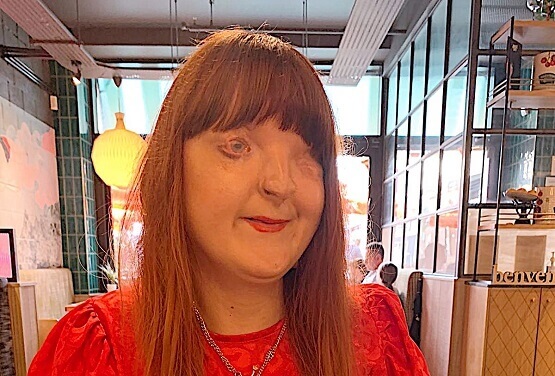
Kirsty Dawn Hill
- Country:
- Wales
- Course:
- PhD Psychology
What did you do prior to completing your PhD?
Before studying for my Psychology PhD, I studied psychology at undergraduate level, where I achieved a First-Class degree. I then progressed to studying for my MSc in Clinical Psychology, in which I gained a distinction.
Can you provide a brief overview of your PhD subject?
My PhD is centred around exploring the complex psychological experience of living with visual impairment. The thesis firstly focuses on individual psychological reactions to receiving a diagnosis of sight-loss during adulthood. Following on from this, there is an exploration of how parents of visually impaired children experience their child’s impairment, and its impact on family relationships/dynamics. Finally, the thesis examines visual impairment from the perspective of specialised teachers for visually impaired children, offering an insight into visual impairment within education.
Why did you decide to complete a PhD?
I felt that a PhD would offer the invaluable opportunity to conduct and analyse research within a unique area of psychology that was under-studied. I felt this would enhance my research skills required for a clinical career, whilst allowing for the potential to pursue a more academic-oriented career within psychology.
Why did you decide to study at Swansea University?
When applying to study at university, Swansea immediately became my first choice. As well as being closer to home, I was enticed by the enthusiasm and helpfulness of both psychology department staff and students. Also, the fact that Swansea University has an on-site transcription centre, definitely influenced my decision to study here. Studying for my PhD at Swansea also allowed me to maintain familiarity with both the transcription centre and with staff at the psychology department, both of whom have already been amazing in understanding my needs as a visually impaired student.
What challenges have you faced?
As a visually impaired student, I have had to be more creative and think outside the box when it comes to the more visual aspects of my studies. Also, the Covid-19 pandemic meant that I had to take alternative approaches to conducting my research. It was disappointing to have been prevented from getting out and meeting people face-to-face, however I still managed to conduct rich and meaningful interviews over the phone.
What have you gained from undertaking your PhD?
I have gained so much from my studies, developing my skills as a qualitative researcher, in addition to refining my interviewing skills and collaborating with numerous professional disciplines and organisations. As part of my PhD journey, I was also able to take part in the Three Minute Thesis event, where I achieved a runner-up position. This really gained my confidence in talking publicly and promoting my research.
How will your qualification help your career? Has it already helped your career?
My PhD will be invaluable in helping my career as a psychologist with a special interest in disability/chronic illness. Indeed, my PhD has already enabled me to publish part of my thesis as a research article, which I hope will in turn help others to better understand the experience of living with sight-loss.
What’s been your highlight?
The highlight of my PhD has been the privilege of meeting and talking to the participants in my research. I am humbled by the strength each of them shows on a daily basis, and they have inspired me to want to tell their stories.
What advice would you give to students considering postgraduate study?
I feel that post-graduate study is a rewarding experience, and a great way of promoting yourself both academically and beyond. I would whole-heartedly recommend Swansea University to other students, particularly to those with a disability. The level of help and support has been brilliant, and I personally couldn’t see myself studying anywhere else.
